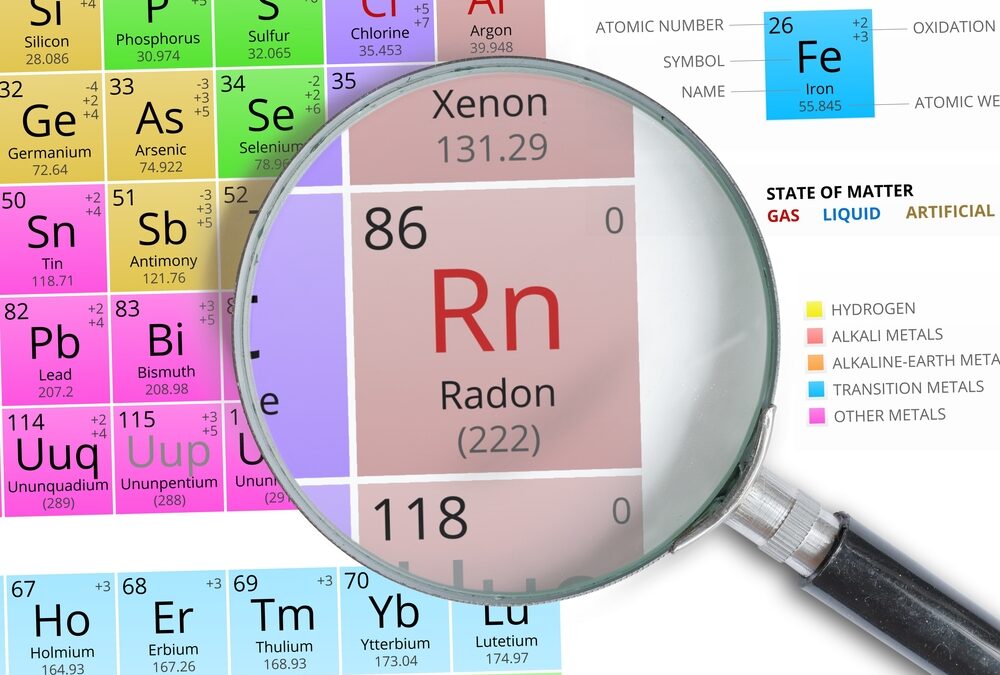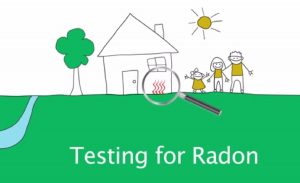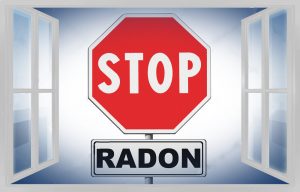Moving into a new house is a stressful but exciting time. You may have found your dream home, but to make sure it is safe for you and your family, you need to check the structural condition of the house as well as any hazardous elements that may be present.
One major hazard that many aren’t aware of is radon gas. It is a colorless and odorless gas that is present all around us, but exposure to it for extended periods of time can be lethal. So why take the risk and wait for something bad to happen? Before you move into the house, it would be best to hire a professional radon inspector to examine the property and deem it safe for living.
What exactly is radon gas?
Radon is a radioactive gas that is created naturally underground. It forms when radioactive metals such as uranium disintegrate within the rocks and soil. This gas then escapes the ground into the atmosphere all around us.
There is a standard method of measuring radon levels – through picocuries per liter (pCi/L). Global health organizations have identified certain levels within which it is safe to live. You should note that there are no “safe” levels, but small amounts of the gas are not considered lethal. Because it is a gas and it is present everywhere, there is no way to completely eliminate radon from our lives, so we have to find workarounds to live with it.
- Radon found outdoors – Typically 0.4 pCi/L
- “Safe” radon levels indoors – Around 1.3 pCi/L
- You may need to call a professional if radon is between 2 – 4 pCi/L
- You should hire a radon contractor immediately if radon levels are above 4 pCi/L
When outdoors, radon is so diluted that it does not pose a risk to your health. However, the real problem is inside a home. Radon can seep into the house through cracks and holes surrounding the property. If left unchecked, radon will continue to enter the home, greatly increasing the concentration of radon in certain areas.
Radon is heavier than air. As such, most homes will find high concentrations of radon gas in the basement and lower rooms. However, any ventilation systems such as heating and air-conditioners can quickly spread the gas throughout the property over time.
How is radon lethal?
When radon is concentrated in a specific location, the radioactive particles will attach themselves to other particles in the air like dust. When we breathe this in, these particles land on the linings of our lungs and linger there.
This in itself is not lethal, but continued exposure to it can eventually lead to an onset of lung cancer. If you’re not a smoker, then this process will take some time to affect you. But, if you are or there are smokers around you, then the risk of lung cancer is increased five-fold. Cancer caused by radon is the second leading cause of lung cancer in the united states.
At least, one in every fifteen homes in the US is estimated to have high levels of radon gas. Therefore, there is a very real chance that your new home may be among these statistics.
Does this mean you have to find a new home?
While radon is dangerous in large doses, you will be glad to know that it is a fixable problem. Even if your new home has a high pCi/L reading (over 50+), it can still be brought down to safer levels through the use of radon mitigation systems.
These are specialized systems that a radon contractor can install in your home to suck out all the radon gas and also prevent additional radon from entering the home. This can be done in multiple ways, but here are a couple of common methods:
- Improving ventilation and air changes in the house so that the gas is not allowed to settle and is pushed out
- By creating a gas-permeable layer underneath the house to plug up the cracks and holes so that radon cannot enter
What steps should you take?
As a new homeowner, the first step should be to inspect radon levels throughout your home. Radon is variable and is not spread out evenly. Some areas of the house may be safe, but you will have to check the entire property to make sure there are no leaks that can spread through your HVAC systems once you move in.
A radon inspector is a certified professional who will know where to look to identify any radon issues. They have the required experience and equipment to deal with the problem, no matter how bad it is.
As such, professionals like Atlantic Radon will be your best bet at ensuring the safety of your home before you decide to move in. Don’t take any chances with your family. Call us to set an appointment and get a free estimate and inspection of your property today!




